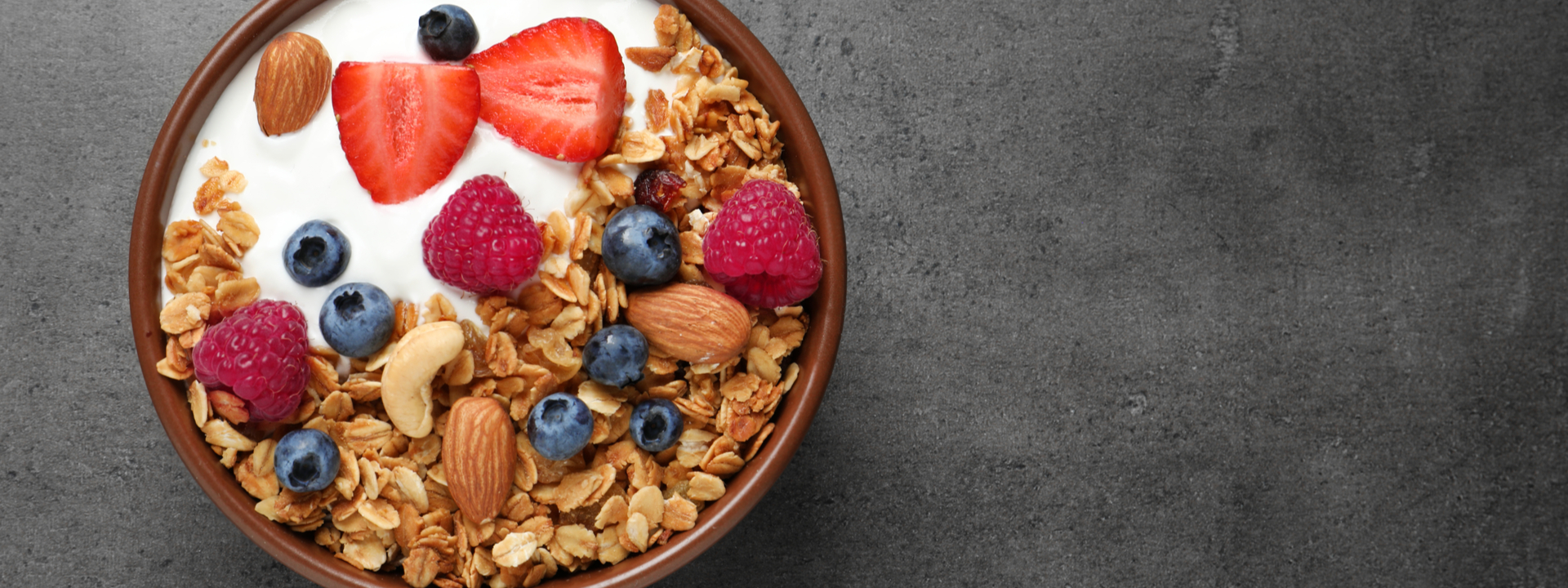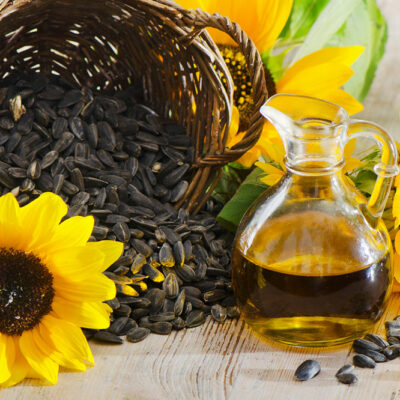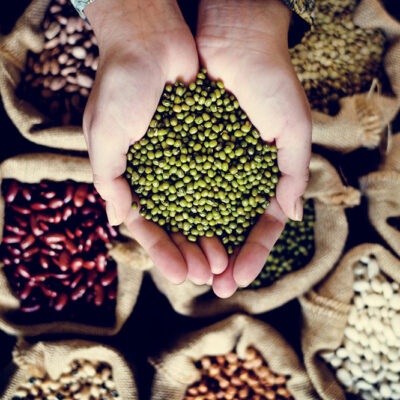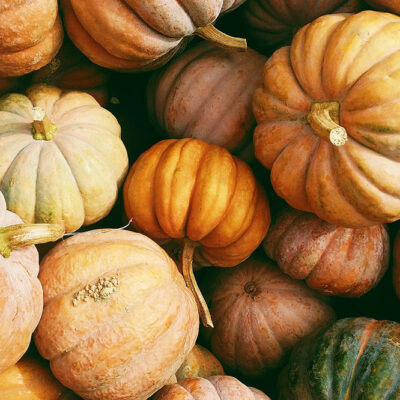
Foods That Help Manage Bipolar Depression
People experiencing bipolar depression are often recommended therapy and a range of medications to manage their mood lines. These methods are helpful in long run. But alongside them, one can also aid their recovery by making changes to their diet. To do that, you need to know about certain foods to include in the diet for bipolar depression. Let’s take a look at them here.
- Avocado
Whatever you eat can have a good or bad effect on your physical and mental state. You just need to recognize which food item leads to what result. Avocado is one such superfood that you can include in your diet to treat symptoms of bipolar disorder. Tryptophan, folate, and omega 3 present in avocados are known for retaining serotonin receptors in brain which further boosts the mood. - Whole grains
These are some of the important foods to include in diet for bipolar depression as they are good for heart, stomach and mind. Whole grains are rich in carbohydrates that helps your brain in the production of serotonin. Brown rice, quinoa, oatmeal, whole grain bread and pasta are some good examples. - Omega-3 fatty acids
Eicosapentaenoic acid (EPA) and docosahexaenoic acid (DHA) are the major omega-3 fatty acids that play a vital role in retaining good health of your brain. Foods like salmon, mackerel, tuna, flax-seeds, and eggs are some of the examples of omega-3 essential acids that are healthy for brain. - Selenium-rich foods
Fish like tuna, halibut, and sardines also contain selenium along with omega-3 fatty acids. Deficiency of this nutrient might cause depression, anxiety and mania. So, these are counted as some crucial foods to include in a diet for bipolar depression. Brazil nuts, ham, shrimp, beef, and steak are also rich in selenium. - Beans
Food items like black beans, lima beans, soybeans, chickpeas and lentils, all belong to legume family and are rich in magnesium, which might help in supporting overall health of your brain. These food items are also rich sources of protein and fiber that help in the smooth functioning of the heart, thus keeping anxiety and stress at bay. Beans might cause bloating initially but in the long run, it diminishes the symptoms of bipolar disorder and has plenty benefits. - Probiotics
There are millions of bacteria residing in human gut, both good as well as bad. Healthy or good bacteria help in strengthening immunity and reduce inflammatory elements in the body. People who experience bipolar depression episodes have higher inflammation levels, and probiotics help combat this. Some of them also release feel-good chemicals, such as serotonin, in the body. It is vital to include foods like yogurt, miso, kefir, and kimchi can be helpful to improve overall physical and mental health.
These are some of the most healthy and useful foods to include in diets for bipolar depression. However, depending solely on foods is not a solution and it can only supplement other, main ongoing treatments. Consult your psychiatrist to get the best treatment plan for yourself.


